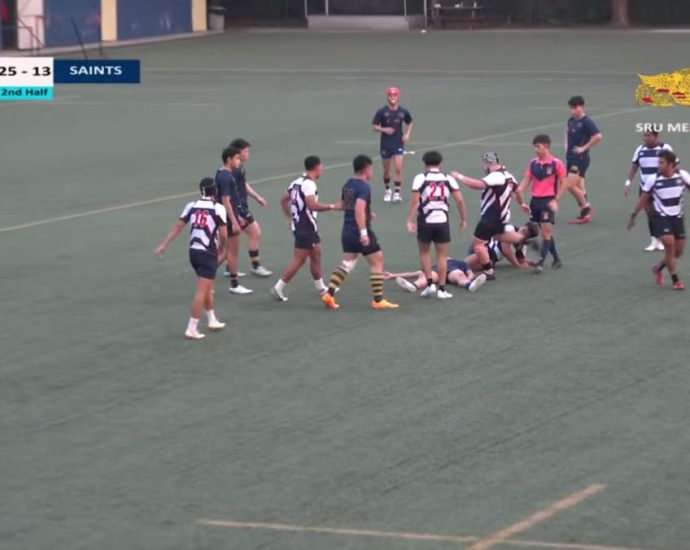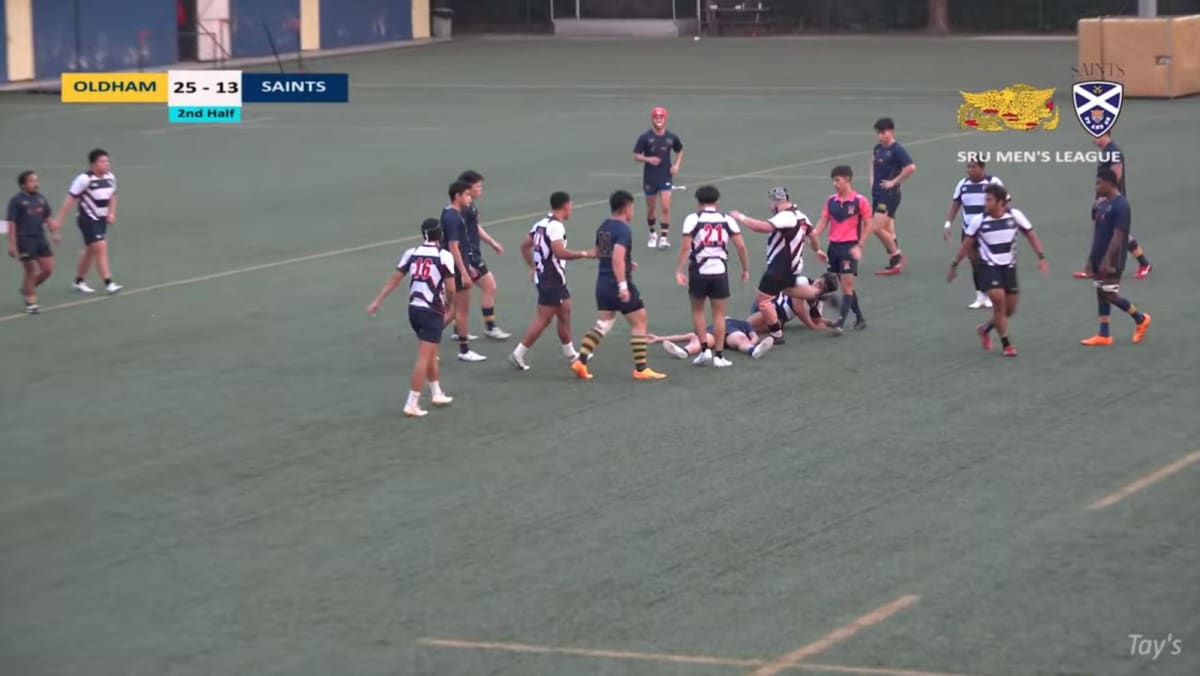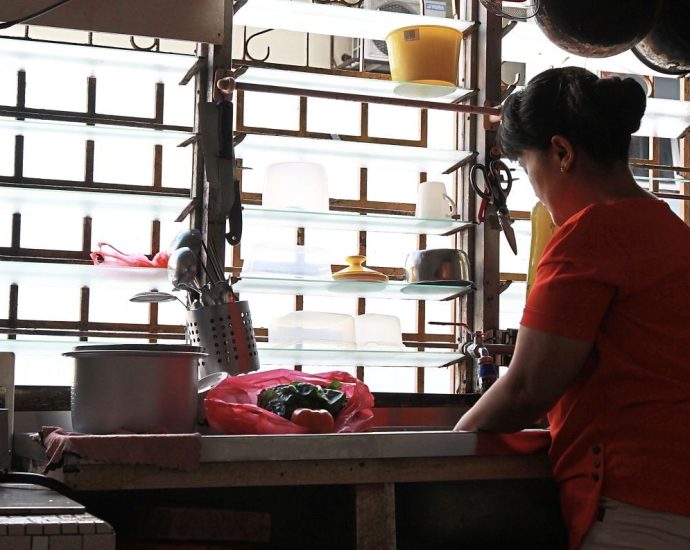Impact investing on the rise: BNP survey | FinanceAsia

Impact investing is gaining in popularity across the globe, but a lack of harmonised environmental, social and governance (ESG) data, regulations and standards pose barriers to its development in Asia, a BNP Paribas survey suggested.
“Asia Pacific (Apac) is behind Europe, which has already integrated broader ESG topics such as inequalities and biodiversity. But it is ahead of North America which is highly fragmented over this topic,” Jules Bottlaender, Apac head of sustainable finance at BNP Paribas, told FinanceAsia.
So far 41% of global investors recognise a net zero commitment as their priority, while in Apac, 43% have set a due date to achieve net zero targets, according to the survey.
The global survey, titled Institutional investors’ progress on the path to sustainability, looked into how institutional investors across the globe are integrating their ESG commitments into implementation.
It gathered data from 420 global hedge funds, private capital firms, asset owners and asset managers between April and July 2023. Among them, 120 (28.6%) are from Asia Pacific (Apac) markets including China, Hong Kong, Singapore and Australia.
Impact investing
Impact investing, a strategy investing in companies, organisations and funds generating social and environmental benefits, in addition to financial returns, is a global trend that in the next few years, is set to overtake ESG integration as the most popular ESG strategy, the report revealed.
Globally, ESG integration dominates 70% of investors’ ESG investment strategies, but the proportion is expected to drop by 18% to 52% over the next two years. In contrast, 54% of respondents reported a plan to incorporate impact investing as their primary strategy by that time.
European investors have the greatest momentum in adopting impact investing at present, with 52% employing impact investing. While in the four markets in Apac, the proportion stood at 38%.
Negative screening took a lead as a major strategy of 62% investors surveyed in Apac. In the next two years, the figure is set to shrink to 47%, overtaken by 58% estimating to commit to impact investing.
“Impact investing is a rather new concept for most people [in Asia]. It is driven by the need to have a clear and tangible positive impact,” Bottlaender said.
An analysis from Invesco in March 2023 pointed out that while impact assessment is key to a measurable outcome of such investments, clear and consistent frameworks are required to avoid greenwashing acts.
“There is no singular standard for impact assessment,” the article noted. On the regulatory side, specific labelling or disclosure requirements dedicated to impact investing have yet to come in Asia.
Private markets, including private debt, private equity and real assets, will take up more sizeable share of impact investing asset under management (AUM), it added.
Bottlaender echoed this view, saying that current regulatory pressure in Asia “is almost all about climate”. As a result, Asian investors’ ESG commitments are mostly around climate issues such as including net zero pledges and coal divestment, before stronger taxonomies and broader ESG regulations which are set to be finalised over the next few years.
Data shortage
A lack of ESG data is one of the greatest barriers to investors’ commitments, as respondents to the survey reported challenges from inconsistent and incomplete data. The concern is shared by 73% of respondents across Apac, slightly higher than a global average of 71%.
Bottlaender explained that although mandatory reporting of climate data is adopted in certain regulations, a majority of ESG data is submitted voluntarily.
This leads to a fragmentation and inconsistency of sources based on the various reporting standards they adhere to. Moreover, the absence of third-party verification results weighs on the accuracy and reliability of the data provided, he continued.
He shared that investors are either engaging directly with companies to encourage standardised reporting practices, or relying on data providers, or leveraging technology to carry out quality control to address the lack of ESG data.
But “significant gaps persist, especially concerning private companies and aspects like scope 3 emissions.”
“As a result, investors must be extremely cautious when advancing any ESG claim or commitment,” he warned.
¬ Haymarket Media Limited. All rights reserved.



















